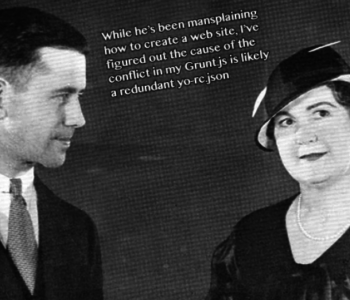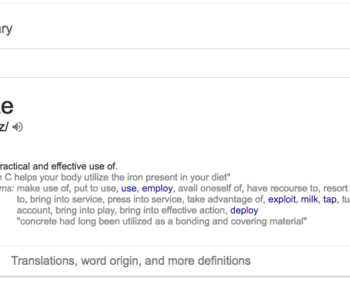 Career
Career
Multitasking: What Interviewers Really Mean
When an interviewer asks you, “Are you good at multitasking?” Your immediate reaction may be to say, “Yes, of course!” That’s what the interviewer wants to hear, right? However, interviewers should reword the question. But since that may not happen, here’s how you need to reply.
Multitasking Myth
We’ve been led to believe that the only way to succeed in the workforce is to multitask. But multitasking, performing more than one task at the same time, isn’t possible for most humans. And when we try to multitask, we fail.
Dividing our attention among numerous tasks actually hinders our productivity and performance, decreasing our ability to remain attentive, learn, and stay mindful.
Why Does Everyone Want a Multitasker?
What interviewers really mean when they ask if you can multitask is more likely along the lines of, “Can you juggle multiple projects that have timelines that overlap?”
For example, today I have work for three freelance clients, with multiple projects for each client. Two projects are due today, two are due at the end of the week, and several others are due next week. While I may work on all or a handful of those today, I am not doing multiple things at the same time. Rather, I am managing multiple project components to ensure I meet the deadline of each. As a writer, even listening to music with lyrics is distracting, so I keep it turned off to ensure I’m always giving each project my full attention.
Rather than assume this is what your interviewer means by “multitasking,” explain how you manage multiple tasks in a given day, but focus on one at a time to ensure you’re completing it to the best of your ability.
True multitasking, it turns out, is beneficial to no one.






